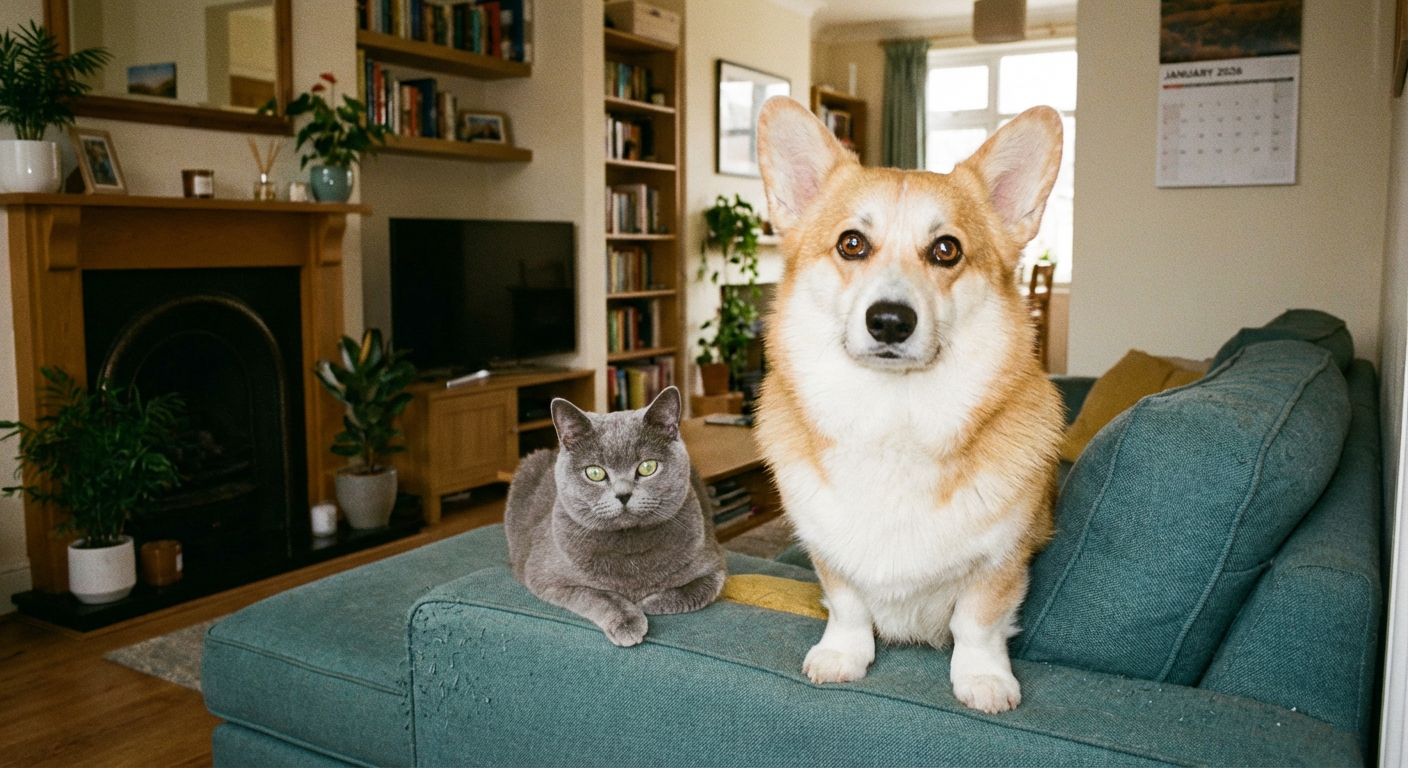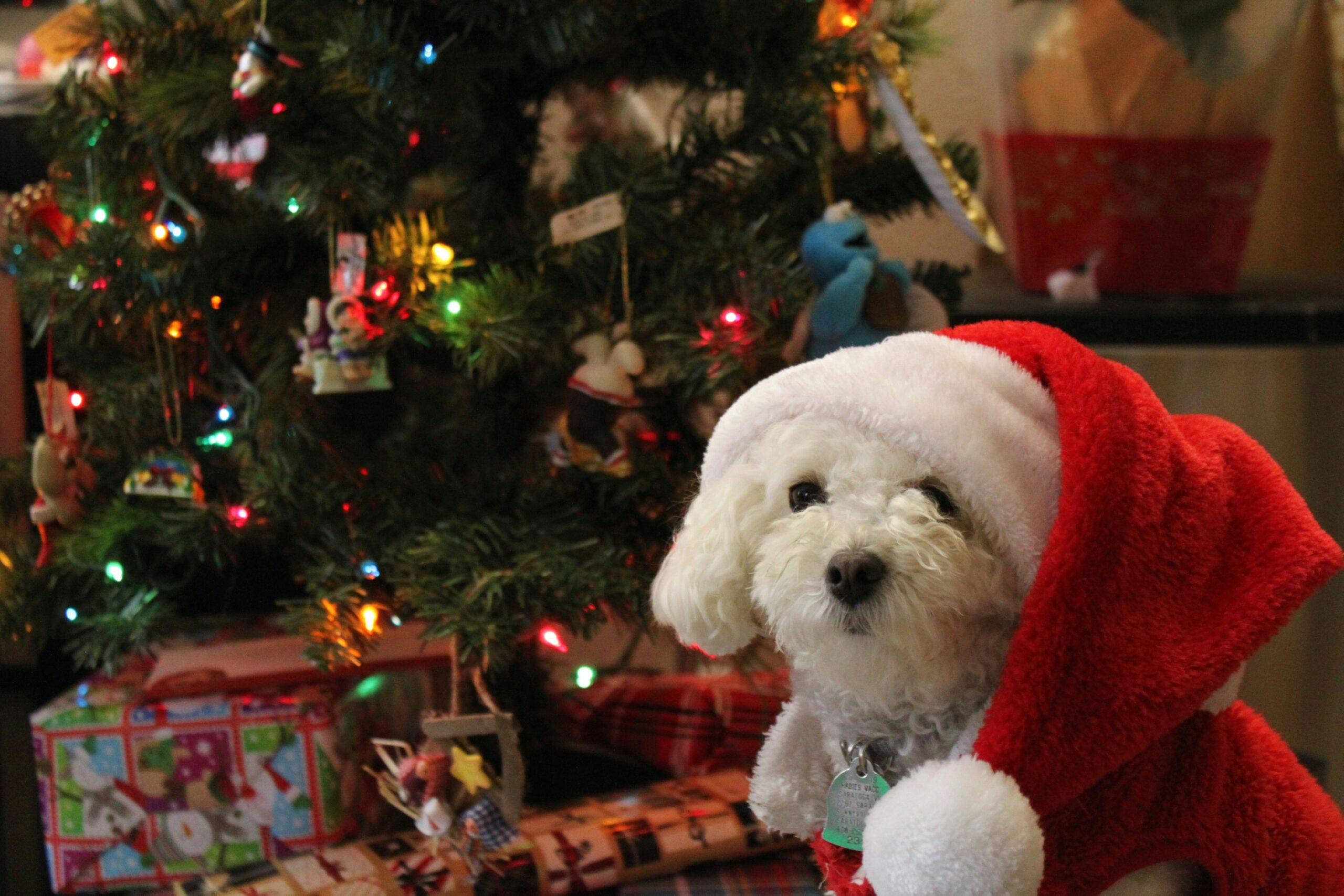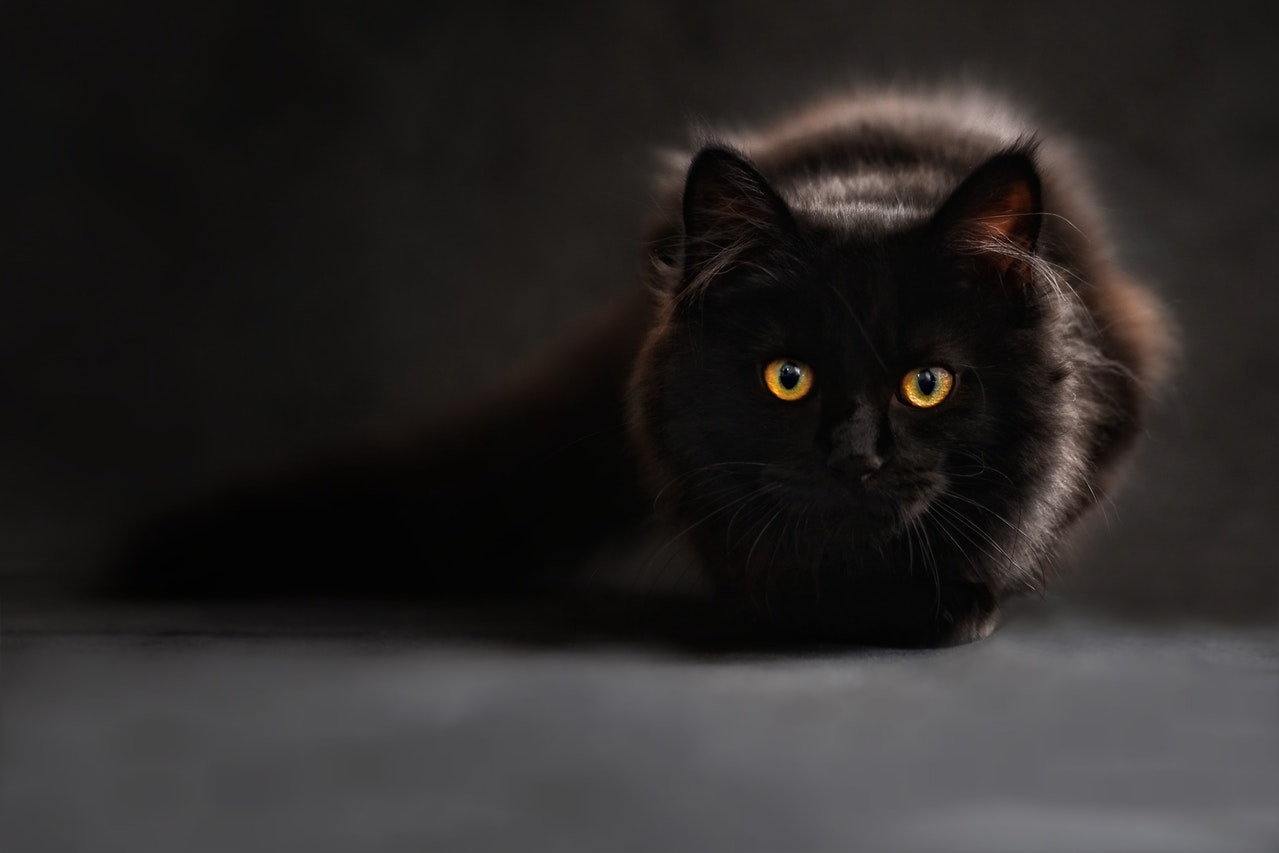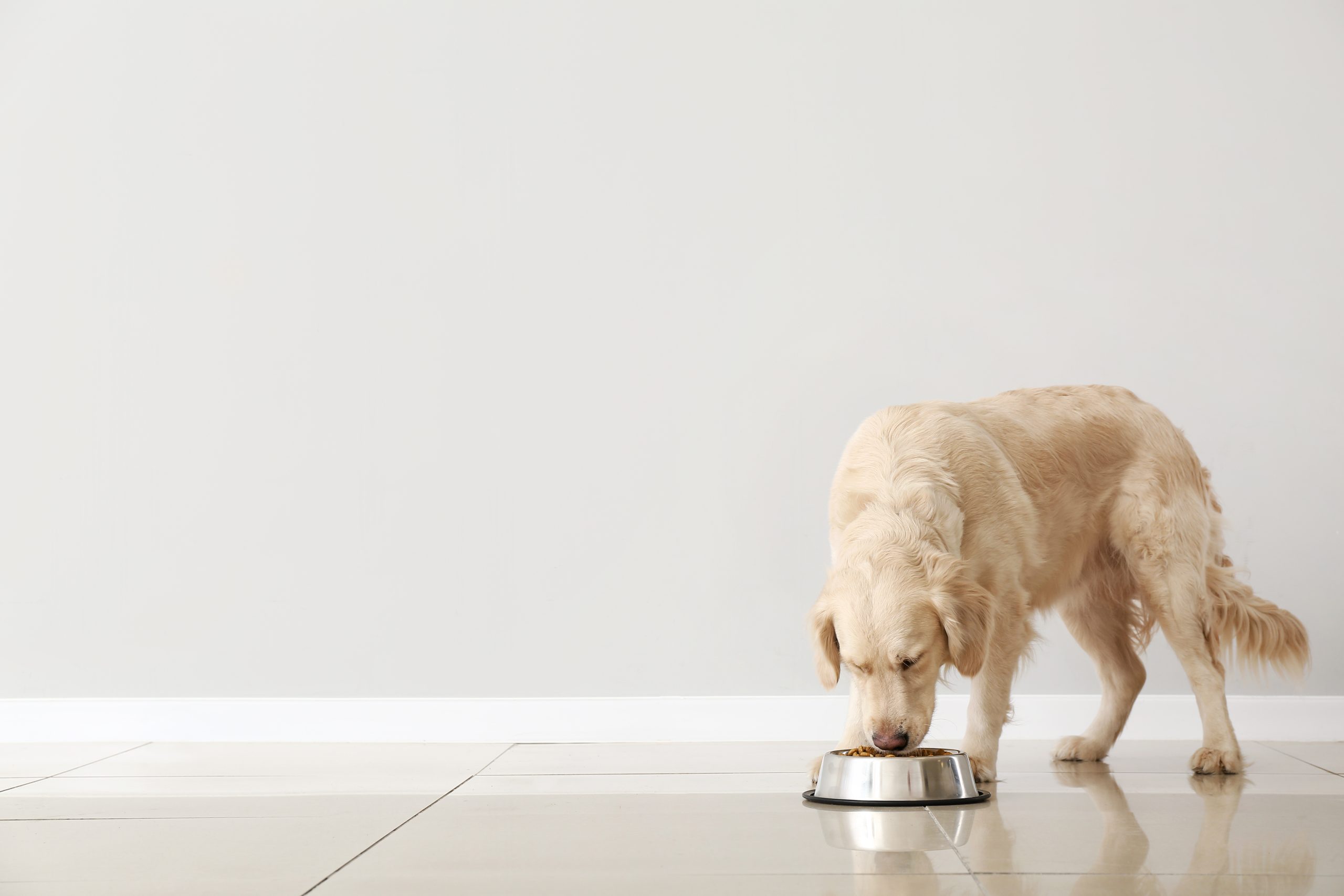The latest from our community
Read our latest news and articles around all things cats and dogs. Plus catch up with our member stories to find out their tips on living with their pets.
- 20% Multi-pet discount
- 24/7 Vet careline
- Claims made easy
- 20% Multi-pet discount
- 24/7 Vet careline
- Claims made easy
Searching for some 2026 resolutions? Look no further. Check out our top 5 New Year’s Resolutions for you and your pets.
Christmas is nearly here! But how will your feline friend celebrate? Check out our 12 ideas for what to get your cat for Christmas.
Christmas is on the way! It’s not too late to get your pup something for the season…
Still haven’t found a dog-friendly costume? Check out our last-minute, pup-friendly costume ideas.
Up for a Halloween flick that doesn’t make you fear for the furry characters? Read on to see our list of 7 pet performances in Halloween movies and TV (where the pets are fine throughout)!
What’s in a name? Quite a lot, actually!
Here are the top 20 names for dogs in 2025.
What’s in a name? Quite a lot, actually! Here are the top 20 names for cats in 2025.
From leaf piles to woodland walks and cosy pub stops, autumn is full of dog-friendly adventures. Here are 8 you and your pup can enjoy together!
Preparing for a puppy, kitten, or rescue pet? Follow these tips to help your companion feel safe, loved, and healthy from day one.
Adopting a pet comes with great rewards but it is a huge undertaking. See how you can prepare for the arrival of your new pet.
Black cats are surrounded in superstition. If you are lucky enough to own one you will soon realise they are a great addition to any family.
As the old adage goes- you cannot teach old dogs new tricks. We explore this myth and prove that it is never too late for your dogs to learn.











